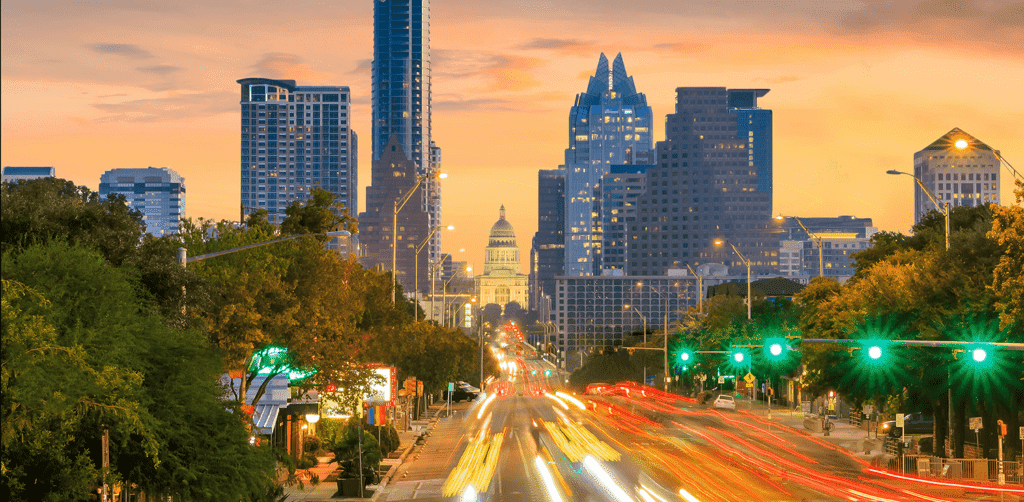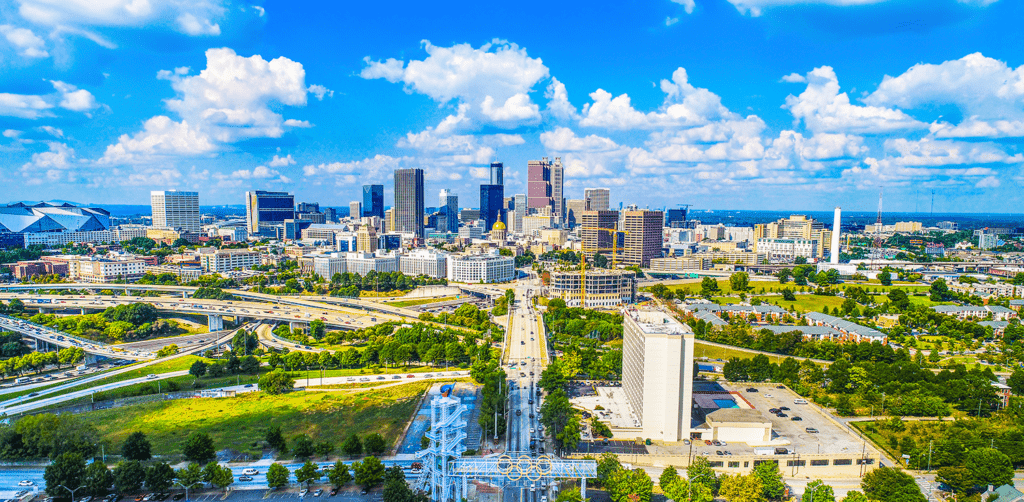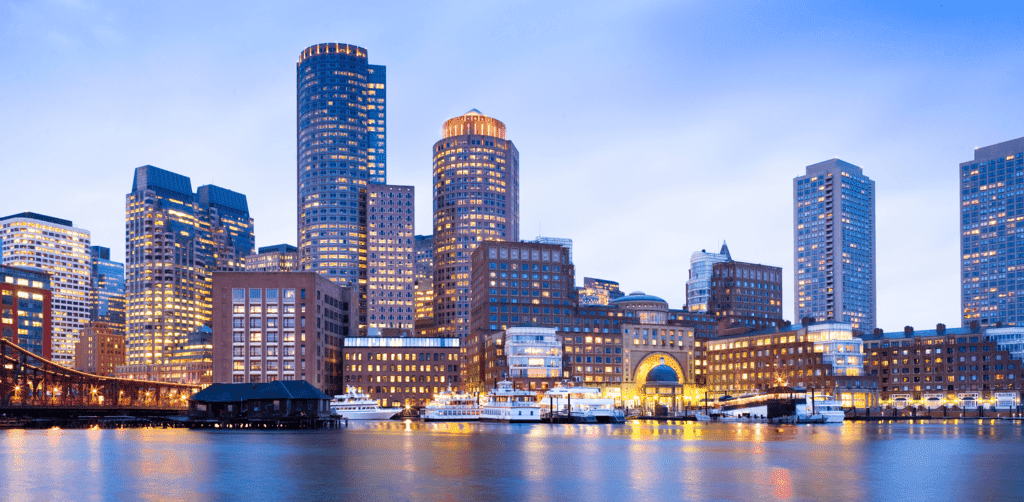Members of the Atlantic brokerage team recently attended the ICSC Open Air Center Summit held at the Fairmont Hotel in Austin, Texas. The barbecue and live music were fantastic, but our team found the conference itself to be just as lively. Unlike most ICSC events, OAC limits attendance, creating a more intimate atmosphere, thoughtful panels, and providing attendees an excellent opportunity to network and learn from the leaders who are helping to shape the retail real estate industry.
It’s been written ad nauseum how technology is impacting retailers and, as a result, retail real estate. For the most part, these stories have focused on the negative impacts such as store closures and competition from ecommerce. What struck us during the summit was the myriad of new technologies that are improving the way retailers operate and positively impacting our business.
Autonomous Vehicles could forever change how customers access retail
Paige Fitzgerald, Waymo’s head of Strategic Partnerships and Business Development, gave an eye-opening look at how their technology (powered by Google) is proposing to change mobility and transportation forever. Today, cars are idle 95% of the time, and 60% of trips travel less than 1 mile. Despite these facts, in the United States there are 35,000 fatalities every year on the roadways, and 94% of crashes are a result of human error. Since starting in 2009, Waymo’s goal has been to not only improve safety but also save people time and improve transportation accessibility. Their fleet of self-driving ride-share vehicles, which have completed 10 million miles in 25 cities, have the potential to do just that and sooner than you may think.
This technology will have a massive impact on the shopping center business. First, cars won’t be sitting idle in large parking fields or garages anymore, reducing the need for parking. This will create opportunities to develop new projects on less land and allow owners to densify existing centers. Second, autonomous vehicles have the potential to dramatically reduce traffic and alter commuter patterns. While current high-traffic corridors will likely remain, retailers who place a value on traffic counts may need to re-evaluate that metric. Finally, proponents of autonomous vehicles envision a world where vehicular travel is a commodity and individuals no longer own cars. This has the potential to re-shape auto-related businesses, shifting their focus from a consumer-oriented experience into a true B2B, altering the quality of real estate they require.






